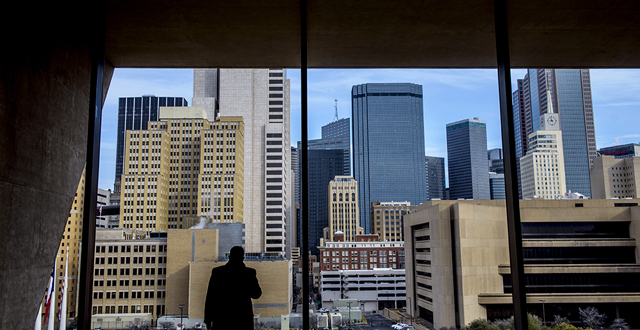What will $100,000 buy these days?
You could drive a Tesla and never have to stop for gas again.
You could by a cozy 995 sf home on Losa Drive in Casa Linda, not have a mortgage payment and have a little left over to build a cool back yard deck.
You could join 50 of your other wealthy friends on a private aircraft for an Abercrombie & Kent sponsored three-week trip around the world.
Or you could run for Dallas City Council.
No, money is not the sole determining factor in a candidate’s success. But it seems to be the price tag for executing a successful run for an open seat in East Dallas, Lake Highlands or North Oak Cliff. (It is a little less expensive in other areas such as North and South Dallas.)
First, the facts from the public filings. Candidates file financial reports 30 days before the election, eight days before the election, eight days before any run-off and semi-annually until the next election cycle, and then it starts all over.
Because Sheffie Kadane in District 9 and Jerry Allen in District 10 ran as unopposed incumbents in the last general election, it’s more instructive to look at the filings for Philip Kingston, District 14 Councilman and Scott Griggs, District 1 Councilman. Kingston and Griggs won contested races in 2013.
Kingston, running in a district that stretches from the M Streets through Uptown to Oak Lawn, received 34 percent of the vote in the May 2013 general election and then defeated Bobby Abtahi in the June run-off. The cumulative totals for the three reports filed by Kingston through the run-off show that he raised $94,551.
Griggs, running in the relatively compact yet diverse district of North Oak Cliff, won the general election outright with a 61% majority against one opponent, eliminating the need for a run-off. His two reports show a cumulative total raised of $77,782 plus a loan from Griggs to his campaign of $28,000 for total political capital of $105,782.
It’s less in South Dallas and more in North Dallas, mostly driven by how many people vote.
“I spoke to several consultants in preparation for making a decision about running”, says Darren Boruff, one of five candidates vying for the District 9 seat. “They all said it will take between $75,000 and $125,000 to run the right race.”
Where does the money go? Brian Mayes, founder of Mayes Media Group says the average age of the voter in a municipal election is 60 years old.
“They generally aren’t on social media and don’t respond to something cute on Instagram. Council campaign budgets are primarily spent for printing, mailing and signs, all needing lots of visual appeal.”
One thing a District 9 or 10 campaign budget won’t do is a TV commercial.
“It takes $500,000 per week to effectively get a message across in a media market this size,” says Craig Murphy, consultant and spokesman for Boruff.
It’s work to raise $100,000 in campaign capital. Contributions are limited to $1,000 for individual contributions and $2,500 for political action committees. The general election and any run-off are considered two separate elections. Corporate contributions are prohibited. Murphy notes that many cities in Texas don’t have a limit on the size of individual contributions to municipal elections.
Candidates with personal resources will occasionally self-fund a portion of their campaign either directly or through loans as noted in Scott Griggs’ filings. Clayton Henry, campaign manager for Adam McGough in District 10 and Christopher Jackson in District 9, prefers that candidates avoid self-financing. Although he said it doesn’t really hurt a candidate politically, raising campaign capital from others “is the best way to energize a campaign, establish broad based support and get people invested in the candidate.”
“More than money, ” says Mari Woodlief, President and CEO of Allyn Media, the campaign manager for District 10 candidate Paul Reyes, “ is a candidate’s want-to. Although the ability to raise campaign cash is a direct reflection of a candidate’s viability, a small campaign budget can be supplemented by the sweat equity of walking the blocks day after day, night after night.”
“Who wants it the most?” asks Mari.
Editor’s note: Sam Gillespie is the Advocate’s new local-politics correspondent. Look for more from him in the upcoming weeks, as the May 9 elections approach. You can email questions, comments and tips to Sam at politics@advocatemag.com.






